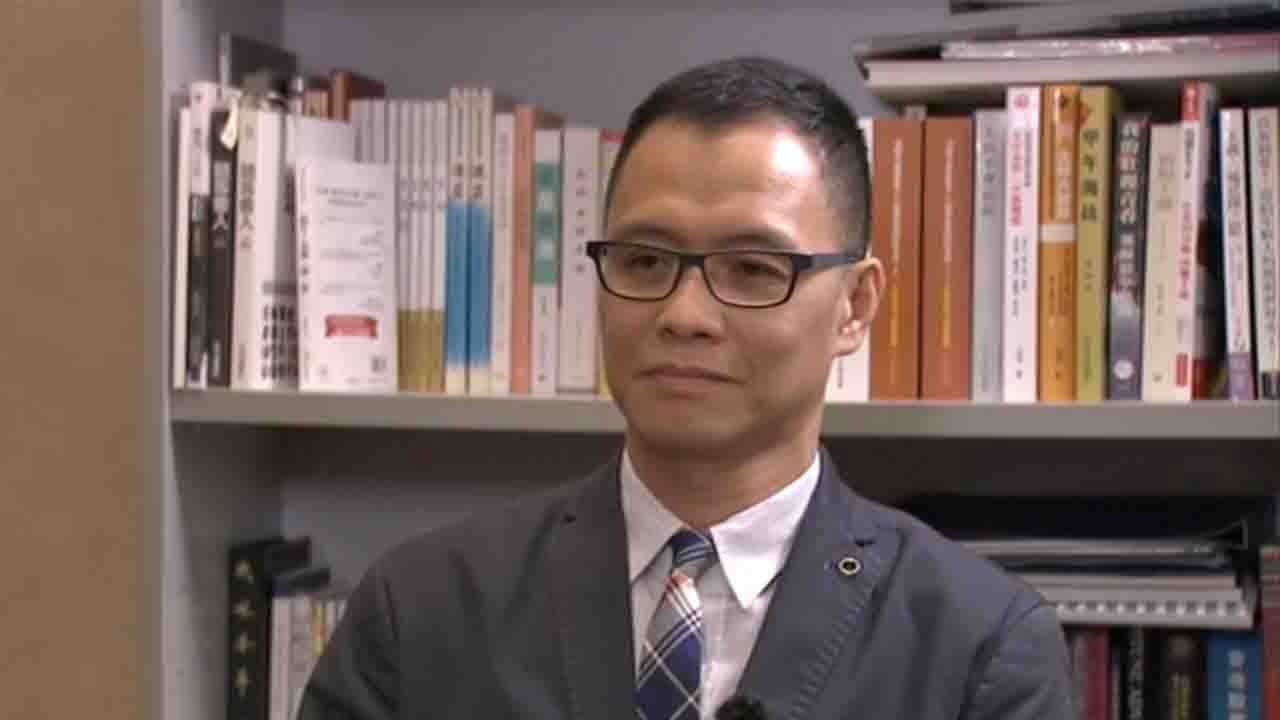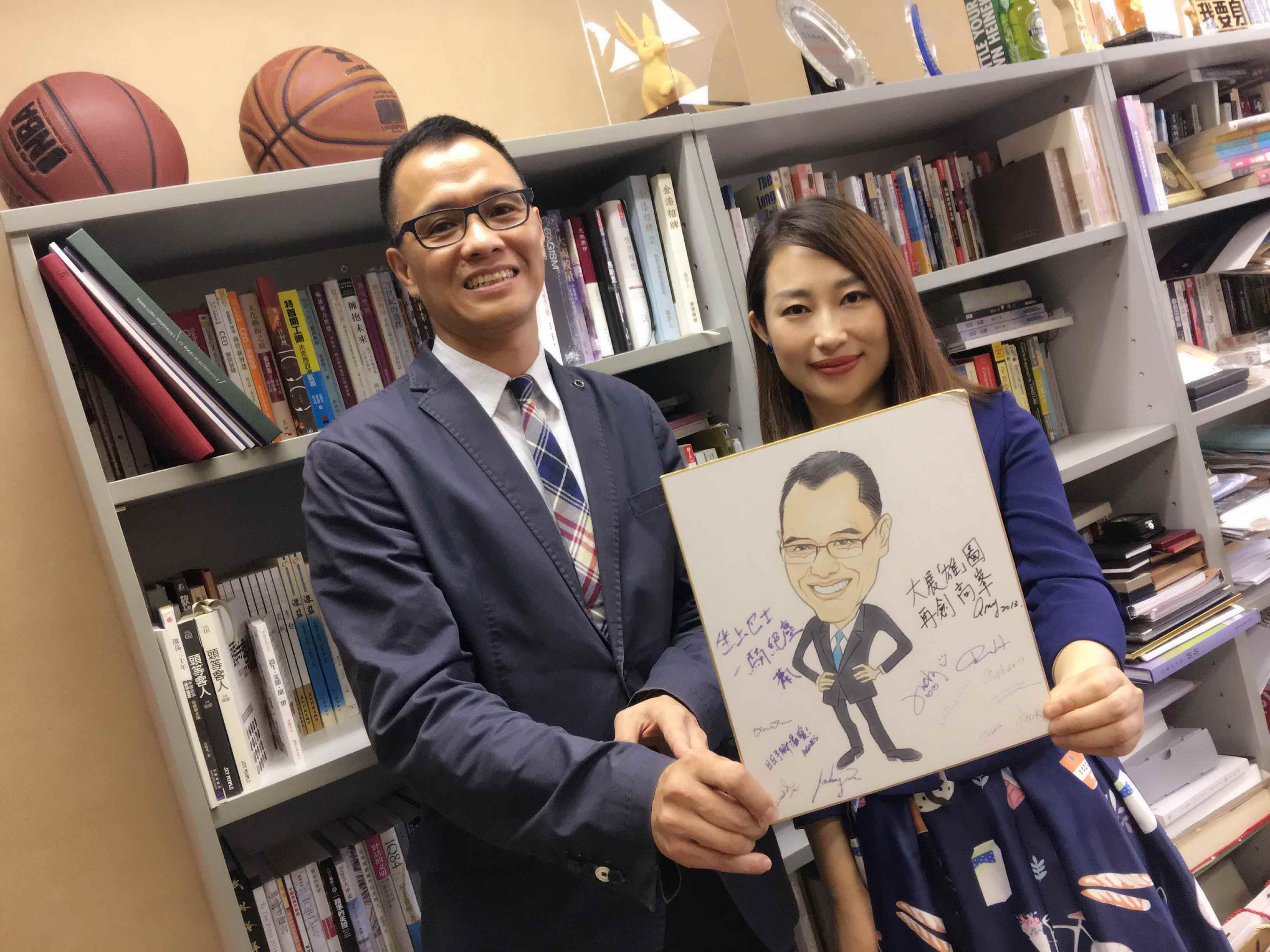
Culture & Sports
22:13, 28-Jun-2017
Interview with Bastille Post publisher: Hong Kong media ‘very free’

by CGTN’s Wu Guoxiu
Hong Kong has a highly developed media industry and is considered an important information center in Asia. But how do media industry leaders handle controversial political rhetoric? Our reporter Wu Guoxiu sat down with Lo Wing-hung, Publisher of Bastille Post and Former CEO of Tsingdao News Cooperation for some insights.

Lo Wing-hung, Publisher of Bastille Post in his office with CGTN reporter Wu Guoxiu in Hong Kong. /CGTN photo
Lo Wing-hung, Publisher of Bastille Post in his office with CGTN reporter Wu Guoxiu in Hong Kong. /CGTN photo
Lo started online newspaper Bastille Post in 2013, giving Hong Kongers a fresh perspective. The outlet has 40 employees and Lo describes it as a “new business model.” It’s certainly a different vibe from his cushy post in Tsingdao, where he was said to earn 9 million dollars a year. Lo says he left the lucrative position because he wanted to try something new career-wise.
“Hong Kong’s media environment is very free. It’s very easy for you to open a website or a Facebook front page, if you want to see anything you can just open [any] media,” said Lo. “There is a lot of controversy in Hong Kong, no matter big public policy or a very small thing happened on the street side. People want to talk, talk, talk, there are a lot of different views. This is the diversity of Hong Kong society and I love this. People can hear different voices from our website, no matter for or against the government and make their own choice.”
It's no surprise Bastille Post prides itself in “fair and balanced” reporting. Up to 70 percent of its stories fall under the light news category, attracting a majority of young readers. But its “One Belt, One Road” column is also a hit, striking a chord with business elites and government officials.
1970km

SITEMAP
Copyright © 2018 CGTN. Beijing ICP prepared NO.16065310-3
Copyright © 2018 CGTN. Beijing ICP prepared NO.16065310-3